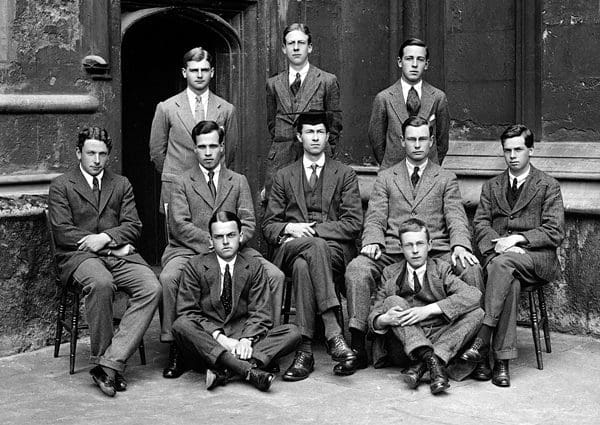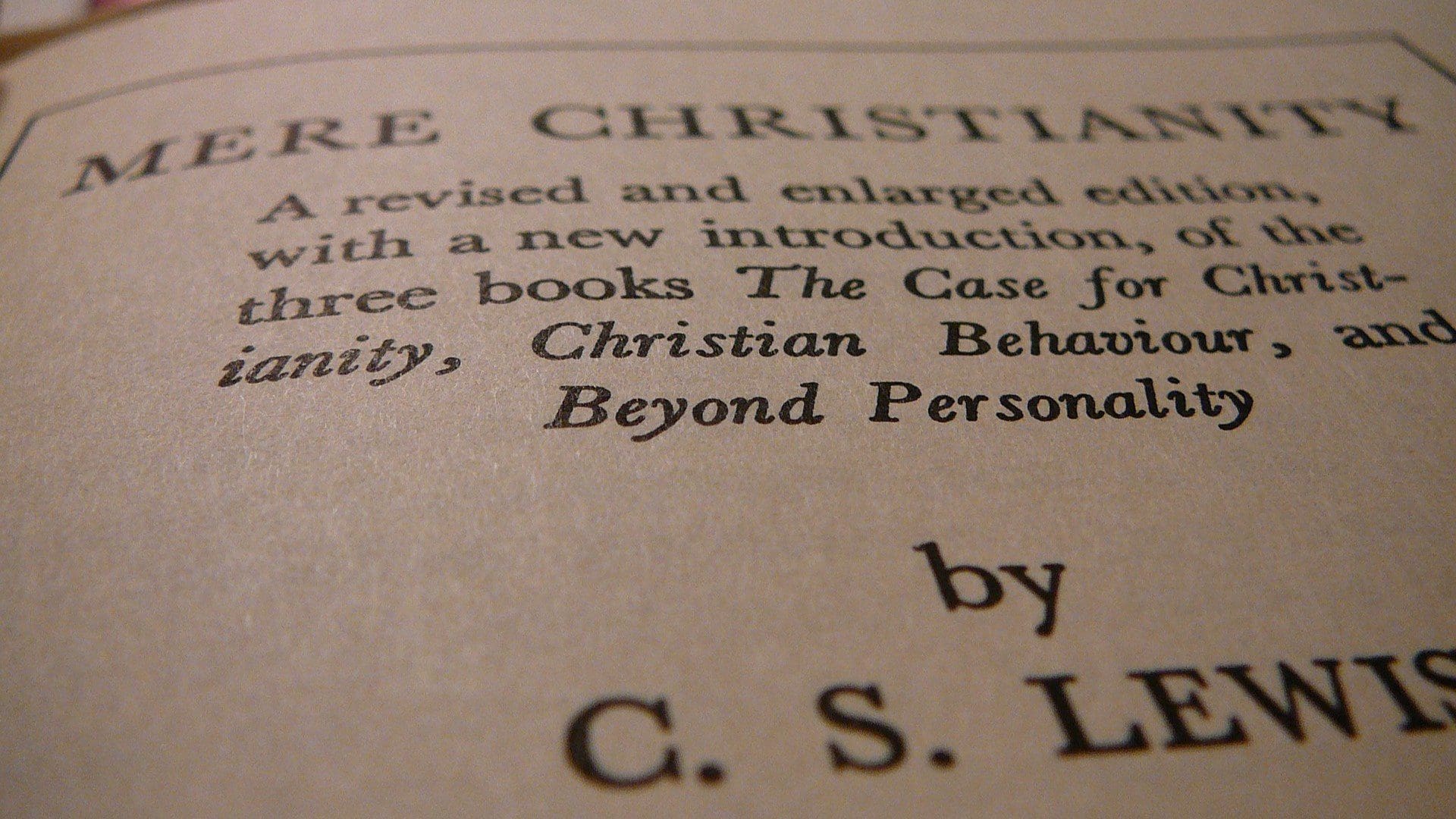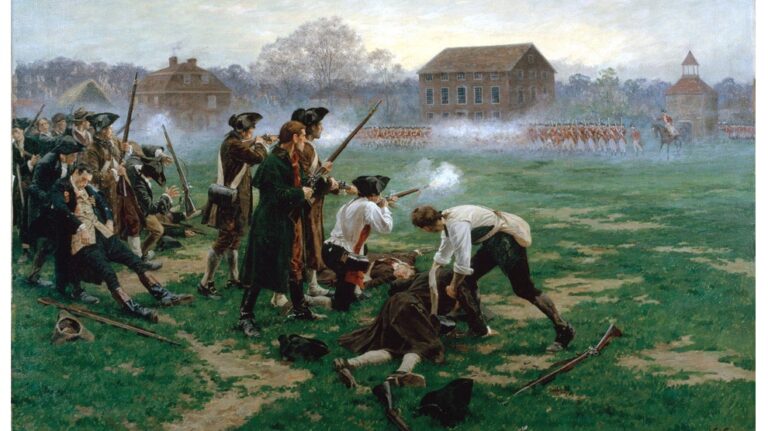Clive Staples Lewis, the distinguished British author and erudite literary scholar, is universally recognised for his enthralling series, The Chronicles of Narnia. Beyond this legendary fantasy series, he also significantly contributed to Christian literature with his compelling apologetical work. The book Mere Christianity is a profound exploration of faith that transcends the boundaries of its time and etches an enduring impact on Christian thought and will be relevant as long as Christianity and, indeed, philosophy in general exists.
Apologetics, a substantive branch of Christian theology, fervently advocates for and elucidates the tenets of Christianity. Engaging with the prolific works of C.S. Lewis offers Christians an enriching opportunity to delve deeper into their faith and arm themselves with well-articulated arguments in its defence. Yet, his writings extend far beyond the interest of only those within the Christian faith. The vibrant amalgamation of Lewis’ remarkable wit, lucid style, and profound philosophical insights into Christianity indeed appeals to a broad audience, including non-Christians. His works serve as a captivating introduction to Christian thought, inviting readers of all backgrounds to explore its richness and depth.
The book is incredibly complex, therefore it is almost impossible to cover it fully in one review. In what follows I’ll explore only some of his outstanding ideas and will look at the basic ideational framework of the book.
C.S. Lewis, unlike his close friend J.R.R. Tolkien who was a devout Catholic, was an adherent of Anglicanism at the time of the creation of this work (his spiritual journey began with baptism in the Church of Ireland and was punctuated by a period of atheism before he embraced Anglicanism). Despite these personal nuances, Lewis was intentional in
focusing on the foundational tenets of Christianity that transcend denominational divides
in his writing. He consciously chose to set aside the ritualistic and theological differences between different Christian interpretations, in order to distil and articulate the core principles that unite all Christians, and then leave the reader to choose between them:
‘I hope no reader will suppose that “mere” Christianity is here put forward as an alternative to the creeds of the existing communions—as if a man could adopt it in preference to Congregationalism or Greek Orthodoxy or anything else. It is more like a hall out of which doors open into several rooms. If I can bring anyone into that hall I shall have done what I attempted. But it is in the rooms, not in the hall, that there are fires and chairs and meals. The hall is a place to wait in, a place from which to try the various doors, not a place to live in’.
Among the myriad ideas Lewis presented, each appears intellectually robust and incredibly well-thought. However, let’s spotlight some of the most interesting ideas that stand out within his profound exploration.
In the early sections of the book, Lewis proposes that, upon examining various societies globally, a universally accepted moral law can be observed. Even amidst minor discrepancies concerning its specifics, there remains an inherent understanding of this ethical code within all humans. Thus, even when one chooses to consciously deviate from it, they innately sense that they are transgressing a universal standard:
‘My argument against God was that the universe seemed so cruel and unjust. But how had I got this idea of just and unjust? A man does not call a line crooked unless he has some idea of a straight line. What was I comparing this universe with when I called it unjust? If the whole show was bad and senseless from A to Z, so to speak, why did I, who was supposed to be part of the show, find myself in such violent reaction against it? A man feels wet when he falls into water, because man is not a water animal: a fish would not feel wet. Of course I could have given up my idea of justice by saying it was nothing but a private idea of my own. But if I did that, then my argument against God collapsed too—for the argument depended on saying that the world was really unjust, not simply that it did not happen to please my fancies.’

Lewis argues that even humanity’s worst atrocities are not often born from inherent evil. Rather, they stem from a misinterpretation of facts or reality. He cites witch trials as an illustrative example, suggesting that such seemingly malevolent acts were borne out of misinterpreted facts. To quote Lewis,
‘If we did—if we really thought that there were people going about who had sold themselves to the devil and received supernatural powers from him in return and were using these powers to kill their neighbours or drive them mad or bring bad weather—surely we would all agree that if anyone deserved the death penalty, then these filthy quislings did? There is no difference of moral principle here: the difference is simply about matter of fact. It may be a great advance in knowledge not to believe in witches: there is no moral advance in not executing them when you do not think they are there. You would not call a man humane for ceasing to set mousetraps if he did so because he believed there were no mice in the house.’
In essence, even in such disturbing scenarios, the individuals involved in the evil deeds were motivated by a twisted interpretation of reality rather than innate evil–it is easier to judge these individuals today when all the advances of the scientific method are available for today’s harsh judge of the past to use.
Lewis posits that this universally inherent moral principle serves as evidence of a higher being or entity
that orchestrated the Universe–‘a Director, a Guide’. Lewis suggests that this intrinsic inclination towards moral law cannot be derived solely from facts and insists that this Guide maintains an interest in the moral actions of humans. In this context, he recognises the complexity of free will; although it creates the potential for evil, it is also the sole catalyst for the existence of any meaningful love, goodness, or joy.
One of Lewis’ concepts, particularly relevant to secular philosophy, addresses the intrinsic nature of evil. He asserts that evil does not exist as a true entity or essence in juxtaposition to good. His contention is that, in reality, individuals do not pursue evil for its own sake; pleasure, money, power, and safety are all inherently good things. The essence of evil resides in the pursuit of these goods through inappropriate means, in an incorrect manner, or to an excessive degree. Any form of wickedness, upon scrutiny, reveals itself as the pursuit of a good in a misguided manner—for instance, the act of stealing food, although evil, has the eventual goal of acquiring something good—that is, sustaining life. One can pursue good purely for the sake of goodness, but one cannot pursue evil purely for the sake of evil.
Lewis also ventures to envision what a truly Christian political system would look like. He underscores the vital importance of not coopting Christianity to prop up preexisting beliefs but, instead,
to derive the blueprint of such a society directly from the teachings found in the New Testament.
Otherwise, writes Lewis, it would be like ‘looking for an ally where we are offered either a Master or—a Judge.’ The Christian political ideal, according to Lewis, imparts that there should be no idle hands or freeloaders: if one does not work, one should not eat. Everyone is expected to contribute through their labour, and importantly, that labour should yield something of value. There would be no production of frivolous luxuries, nor the creation of pointless advertisements to convince us to consume them. To this extent, a Christian society would align with what is currently conceptualised as ‘Leftist.’ On the other hand, it continually emphasises obedience—respect and adherence to duly appointed authorities, from children towards parents, and, perhaps less popularly, from wives towards husbands. Lastly, Lewis advocates for a joyful society, filled with singing, rejoicing, and treating worry or anxiety as misplaced emotions. If a society embodying these principles truly existed and one had the opportunity to visit, it would leave a distinctive impression. You would perceive its economic structure as being highly socialistic in some respects, since, according to Lewis, certain redistributive ideas are embedded in the New Testament—the reason everyone must work in the New Testament is justified as ‘in order to give those in need.’ Yet, its family life and code of conduct would seem quite traditional, possibly even ceremonious or aristocratic, evoking an air of old-fashioned charm.
This review merely grazes the surface of Lewis’ profound exploration of Christian thought. Thus, it is strongly recommended to anyone interested in understanding the Christian way of life to delve into this illuminating work. Among the other topics he covers are: why meeting an absolute goodness (which God is) would actually be very terrifying, why Pride is the worst sin, Christianity and evolution, Christian core virtues, why the fight between good and evil is a civil war and many other fascinating topics.








